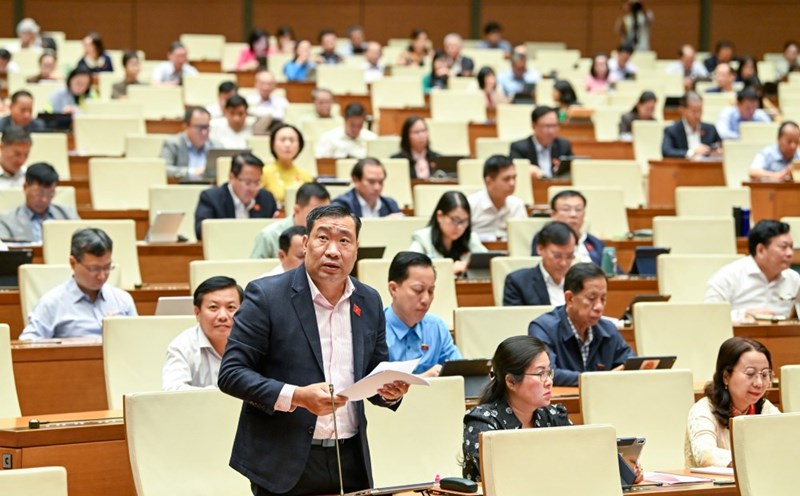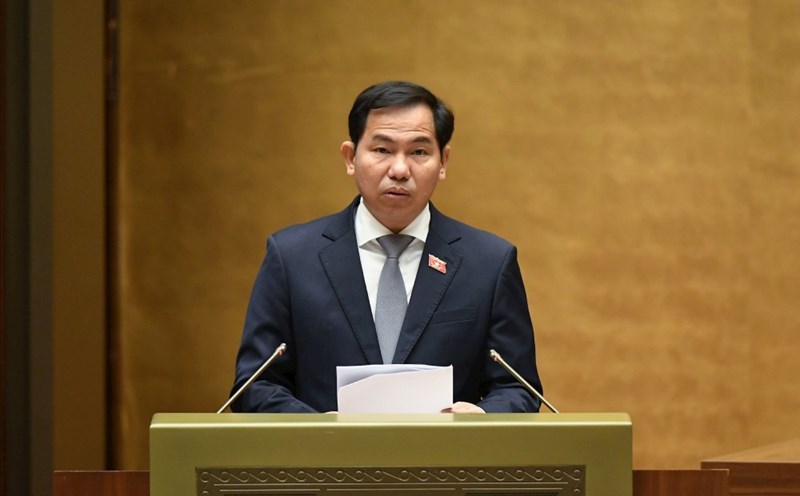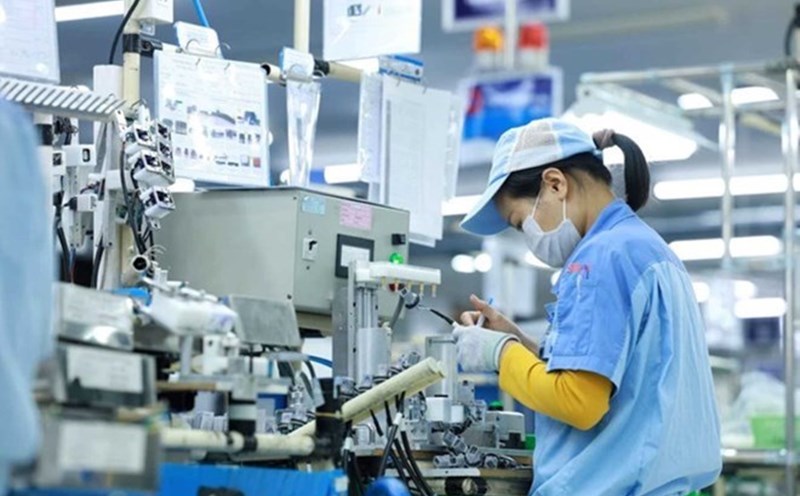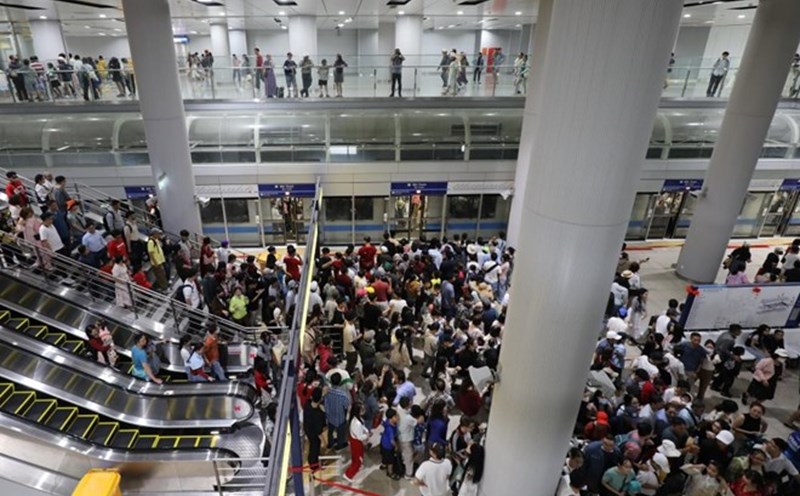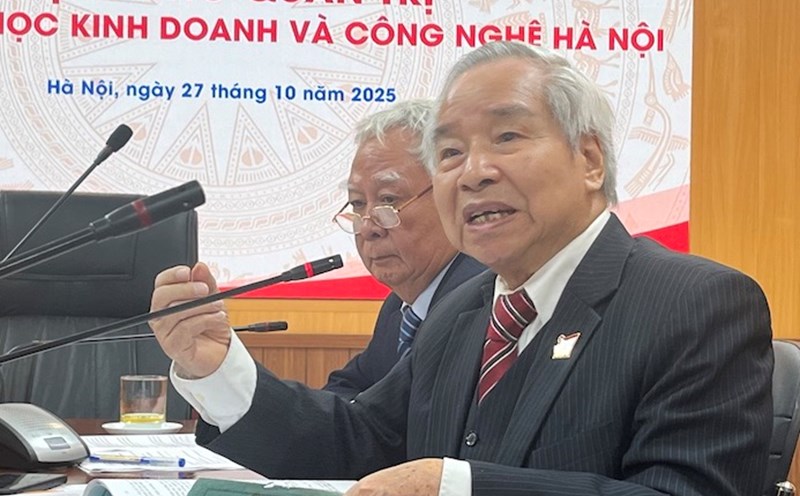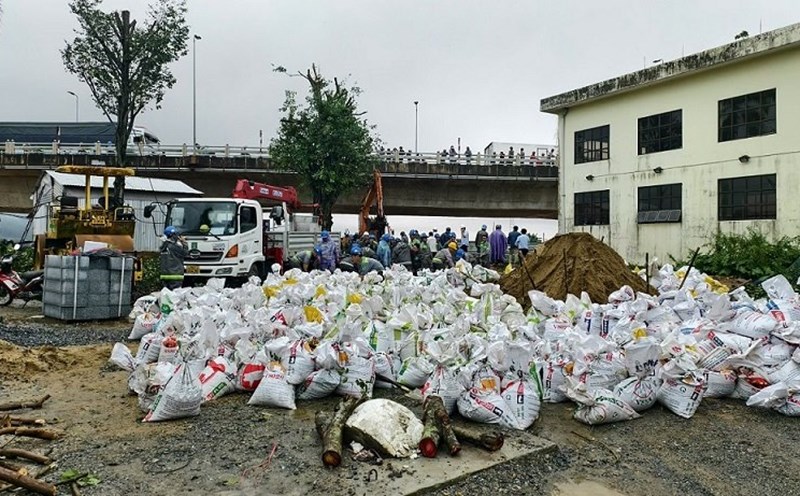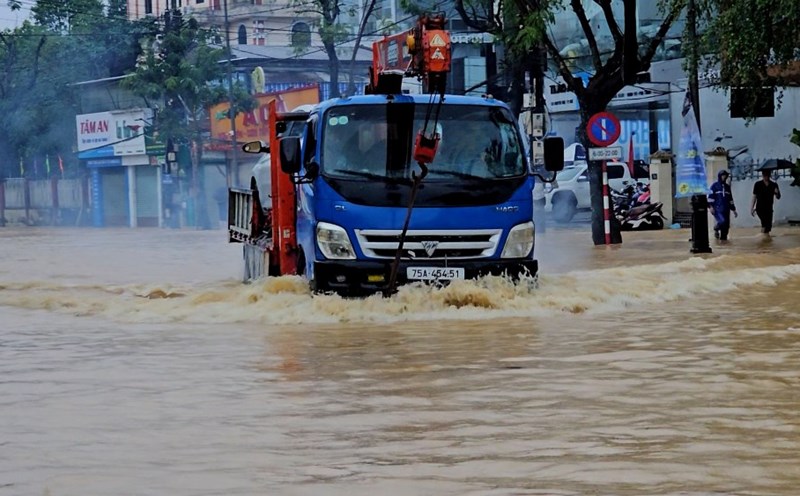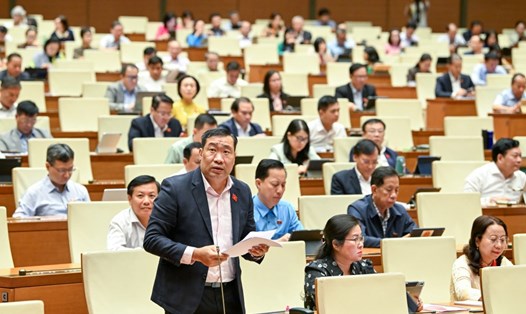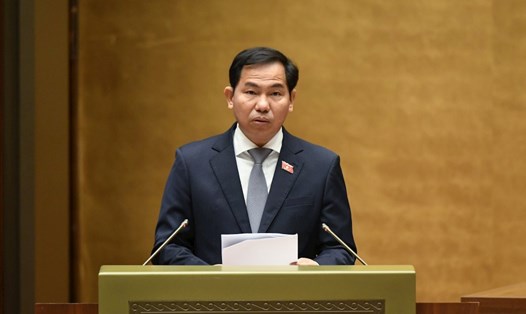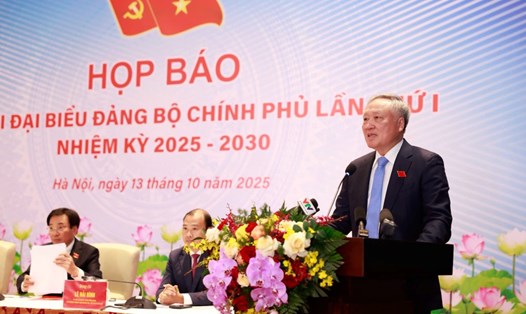On the afternoon of October 28, the National Assembly continued to discuss in the hall the Report of the Supervisory Delegation and the draft Resolution of the National Assembly on the results of thematic supervision "implementation of policies and laws on environmental protection (EIA) since the 2020 EIA Law took effect".
Speaking to clarify the issues that National Assembly deputies are interested in, Minister of Agriculture and Environment Tran Duc Thang said that after nearly 4 years of implementation, the work of the Environmental Protection Agency has had clear changes in all 3 aspects: institutions, awareness and implementation organization.
The awareness and action of the whole society towards health insurance has changed significantly, affirming the consensus and common determination in considering health insurance as the responsibility and rights of all people.
Regarding the management of household waste and plastic waste, the minister said that currently, Vietnam generates about 25.3 million tons of plastic waste each year, including about 1.8 million tons of plastic waste. This has created great pressure and challenges for the collection, classification and processing infrastructure.
Despite many efforts and attempts, there are still some shortcomings and limitations in this work as the National Assembly deputies have stated.
Regarding the reason, the minister said that the technical infrastructure for waste collection, classification and treatment is still lacking, weak and not synchronous, and the reason why people's habits are still slow to change. These are issues that need to be paid attention to and fundamentally resolved in the coming time.
According to the minister, the environmental degradation is still complicated, with an increasing trend in some areas; although the environmental protection work has changed, it is still slow compared to the expectations of the people and the requirements of the Party and the State.
Air pollution in urban areas is still complicated, especially in Hanoi and Ho Chi Minh City; pollution in some river basins has not been completely resolved.
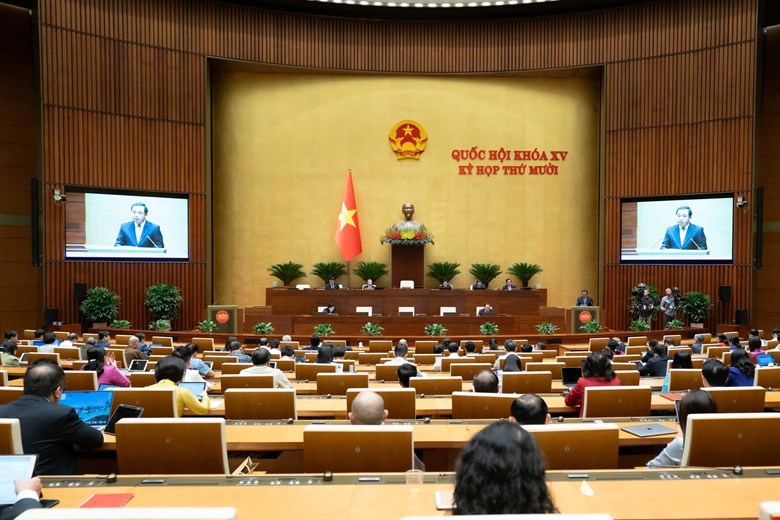
Regarding air pollution, the Ministry of Agriculture and Environment has submitted to the Prime Minister a national action plan on overcoming pollution and managing air quality for the period 2026-2030, with a vision to 2045.
In particular, a number of solutions have been proposed such as perfecting institutions and policies on strict control of major emission sources; on improving capacity for monitoring, inventorying emissions, warning, and forecasting; on converting green means of transport; on communication to raise public awareness and on inspection, examination, and supervision of law compliance.
Regarding the breakthrough in waste management, the minister said that he will mobilize resources to completely handle the pollution hotspots, focusing on completely resolving the identified bottlenecks in domestic solid waste treatment, making the most of the value of waste resources, promoting a circular economy, and having reasonable policies and roadmaps in implementing the classification of domestic solid waste in households and individuals.
Concentrate State and social resources on investing in infrastructure for collecting and treating urban wastewater, implementing measures to strictly control air pollution and restore water quality in seriously polluted river basins.
At the same time, focus on building a team of cadres and civil servants in environmental management with professional acumen, meeting the requirements set by the task, especially for cadres and civil servants at the commune level.

